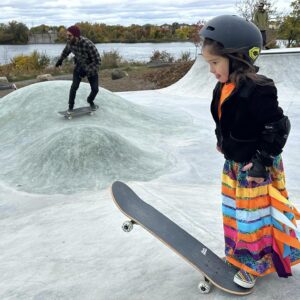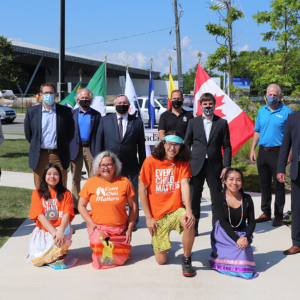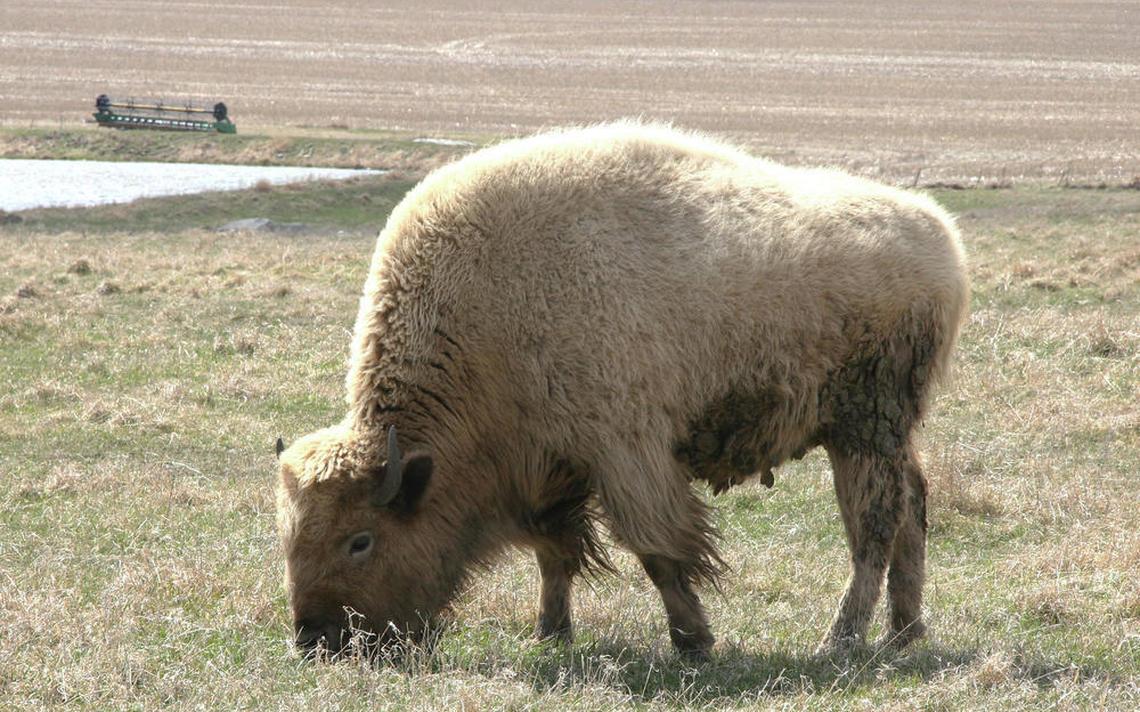In 2013, Darlene Necan, an Ojibwe woman of the Nation of Saugeen #258, built a cabin on her family’s trap line that she hoped would become a learning centre that could be used to educate natives and non-natives about their rich indigenous culture. The site located in Savant Lake, an unorganized settlement near Thunder Bay, was given the name “Bimaadiziwin”, which means life in Ojibwe, a concept that also seeks harmony between people and nature. Fast forward to Ecuador today, a small South American country that is home to one of the greatest number of Indigenous languages still spoken in the world, which is trying to do the same but on a national scale.
A team of researchers and civil society groups from around the world are working on an ambitious national economic project they’re calling the FLOK Society, which is directly inspired by a similar indigenous concept known as “Sumak Kawsay”, which means Good Living in Quechua, one of the most widely-spoken native languages in that country.
“In the last ten years or so, Ecuador has experienced very interesting progressive civil politics,” said John Restakis, one of the researchers hailing from Canada, who’s worked in the cooperative movement over the last two decades in Canada and the world. “Civil society organizations, environmental organizations, and especially a lot of indigenous peoples organizations, have led a citizens’ revolution against the old political order in Ecuador… [This] was the foundation for rewriting the constitution and developing a national plan of Good Living – which has a very radical vision of economic and social development.”
The FLOK Society, which stands for Free, Libre, Open Knowledge, wants to build a new economic model focused on cooperation rather than competition and on sustainability rather than on making massive profits; they seek an economy driven by the free sharing of knowledge rather than by the extraction of natural resources, ideas that likely seem “radical” and farfetched to politicians in Canada like Prime Minister Harper’s Conservatives.
But the idea, though ambitious, is actually very straightforward. “It’s simple,” said Restakis, whose research focused on how the social policies of Ecuador would relate to social and civil organizations such as cooperatives and a potential knowledge economy. “Oil won’t last forever… So any government that wants to promote social and economic equality, and a more socially just and sustainable economic system, has to address an alternative to the extractivist industry.” For Restakis and the FLOK Society, that alternative is knowledge.
The FLOK Society, therefore, is building on the notion that true wealth comes not from owning material goods, but from the sharing of knowledge, culture and ideas of a people. It defines wealth as something other than economic power, something that can be more easily understood through the eyes of an Indigenous person escaping a colonial past.
“In the North, it’s hard living as Native under the [colonial] provincial system when you got only limited access to phones, to stores, to other towns. It’s hard because as an Indigenous person in your own rich land, you are so very poor,” said Necan, a fifty-four year-old residential school survivor who traveled an hour’s time to get to a phone for our interview.
“So we called the site ‘Bimaadiziwin’ – ‘Life’ – because we want to live for the life that was given to us by our ancestors, parents and by Mother Earth, and to live on her earth for a while,” she said.
The cabin had been her father’s dying wish, when he passed away at 93, about ten years ago. Throughout Necan’s life, her father had regularly taken her and her siblings to the bush, where he taught them to hunt, to fish and to live off of the land. The following years brought turmoil to their family as he suffered an accident at the CN Railway, where he worked, and eventually had to move to Thunder Bay for dialysis treatment for the diabetes he had developed. However, throughout all that time, he had observed Necan’s passion for the bush, as he constantly found her wandering by the lake.
“He was always struggling by himself trying to house his family and build that cabin,” said Necan, who is a mother of two. “When my dad started getting sick… and he couldn’t support his family, that’s when it stopped for him. So he talked to us while he still had time… He picked me, and told me that I was to go to the trapline and build a cabin so that all the grandkids could go back there and learn of our history,” said Necan.
Darlene received help from non-Indigenous members of the International League of People’s Struggle, a group involved in anti-imperialist and democratic reform movements. She said she was “overwhelmed” when they actually came through, because she’s been let down so many times before.
“I always have doubts when people tell me things, because I’m always shot down or it doesn’t (materialize),” she said, “So when people from a totally different territory came to help, I was really happy.”
But while it’s been helpful to get non-Indigenous volunteers to help with the project, “Other Indigenous people haven’t been so forthcoming,” said Darlene. However, she also realizes the reasons for this have precisely to do with the effects their colonial past has had on them. “Our people don’t believe in volunteering anymore because of the poverty in the area,” she said. “People are broke. They cannot afford to volunteer when they’re starving themselves… Colonialism is very much alive in the north and it keeps people down with poverty, alcoholism, drug addiction.”
That’s also why one of the main goals of the Bimaadiziwin learning site has been to educate other Indigenous people, particularly young people, about the importance of their collective struggle and of working together to overcome it.
“I called it ‘Life’ because it’s for everyone,” said Necan. “We want to learn about who you are as a human. Where do we find this equality? How can we live in harmony? Is it even possible? We’re trying to reach out to the youth, so maybe in the next two decades there will be some peace among the people as we re-teach our youth to be more human to each other.”
Darlene also built a plywood house in Savant Lake as an extension of the Bimaadiziwin site, and thought of taking up residence there. But the Ontario Ministry of Natural Resources has impeded her from moving in, arguing the house was illegally built on crown land, which is why she now finds herself homeless. “We all know it as unorganized Indian settlement land, but the Ministry of Natural Resources is trying to make it into crown land,” she said. “With this Ring of Fire, they need to take back that little town, but it hasn’t been ceded… And I think I’m in the way of a few things here for them.”
Darlene said she believes the struggles of the indigenous people in Ecuador and Canada are similar. “We’re not any different after how we are all being treated,” she said. “If people restart and really relook at the past and towards not continuing the same [colonial] practices, I’m pretty sure things can change, though it will probably take a while.” She also said she believes that by expanding projects like Bimaadiziwin and the FLOK Society, the lives of both Indigenous and non-Indigenous people may be improved.








I know this woman was sued by a band council for a similar article published in the chronicle journal